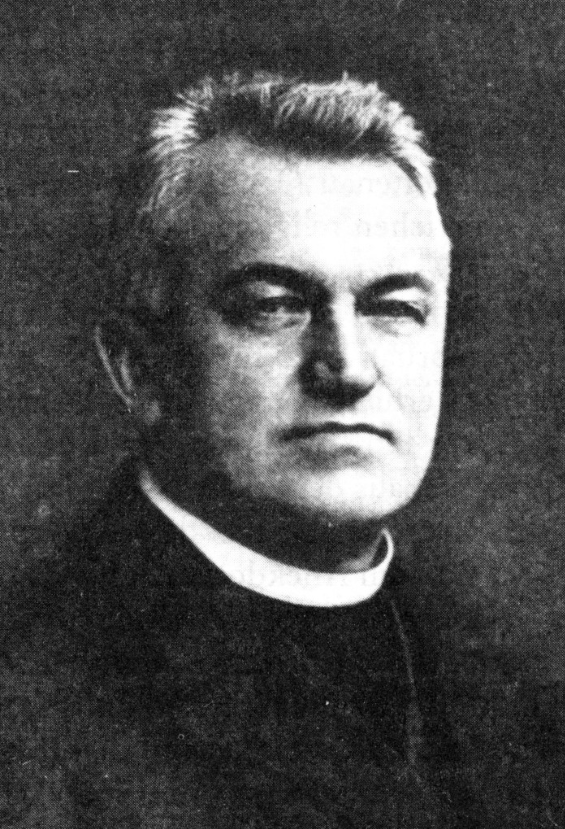Nothing will prove of greater advantage to the faithful, nothing will be found to conduce more to a willing reception of the Sacrament of Penance, than for pastors to explain frequently the great advantage to be derived therefrom. They will then see that of Penance it is truly said that its roots are bitter, but its fruit sweet indeed. First of all, then, the great efficacy of Penance consists in this, that it restores us to the grace of God, and unites us to Him in the closest friendship.
In pious souls who approach this Sacrament with devotion, profound peace and tranquility of conscience, together with ineffable joy of soul, sometimes accompany this reconciliation. For there is no sin, however great or horrible, which cannot be effaced by the Sacrament of Penance, and that not merely once, but over and over again. On this point God Himself thus speaks through the Prophet: If the wicked do penance for all his sins which he hath committed, and keep all my commandments, and do judgment, and justice, living he shall live, and shall not die, and I will not remember all his iniquities that he hath done. (Ezech. 18:21, 22). And St. John says: If we confess our sins, he is faithful and just, to forgive us our sins (1 John 1:9); and a little later, he adds: If any man sin—he excepts no sin whatever—we have an advocate with the Father, Jesus Christ, the just; for he is the propitiation for our sins; and not for ours only, but for the sins of the whole world. (1 John 2:1, 2).
When we read in Scripture that certain persons did not obtain pardon from God, even though they earnestly implored it, we know that this was due to the fact that they had not a true and heartfelt sorrow for their sins. Thus when we find in Sacred Scripture and in the writings of the Fathers passages which seem to assert that certain sins are irremissible, we must understand the meaning to be that it is very difficult to obtain pardon for them. A disease is sometimes called incurable, because the patient is so disposed as to loathe the medicines that could afford him relief. In the same way certain sins are not remitted or pardoned because the sinner rejects the grace of God, the only medicine for salvation. It is in this sense that St. Augustine wrote: When a man who, through the grace of Jesus Christ, has once arrived at a knowledge of God, wounds fraternal charity, and, driven by the fury of envy, lifts up his head against grace, the enormity of his sin is so great that, though compelled by a guilty conscience to acknowledge and confess his fault, he finds himself unable to submit to the humiliation of imploring pardon.
This article is taken from a chapter in The Catechism Explained by Rev. Francis Spirago, which is available from TAN Books.









